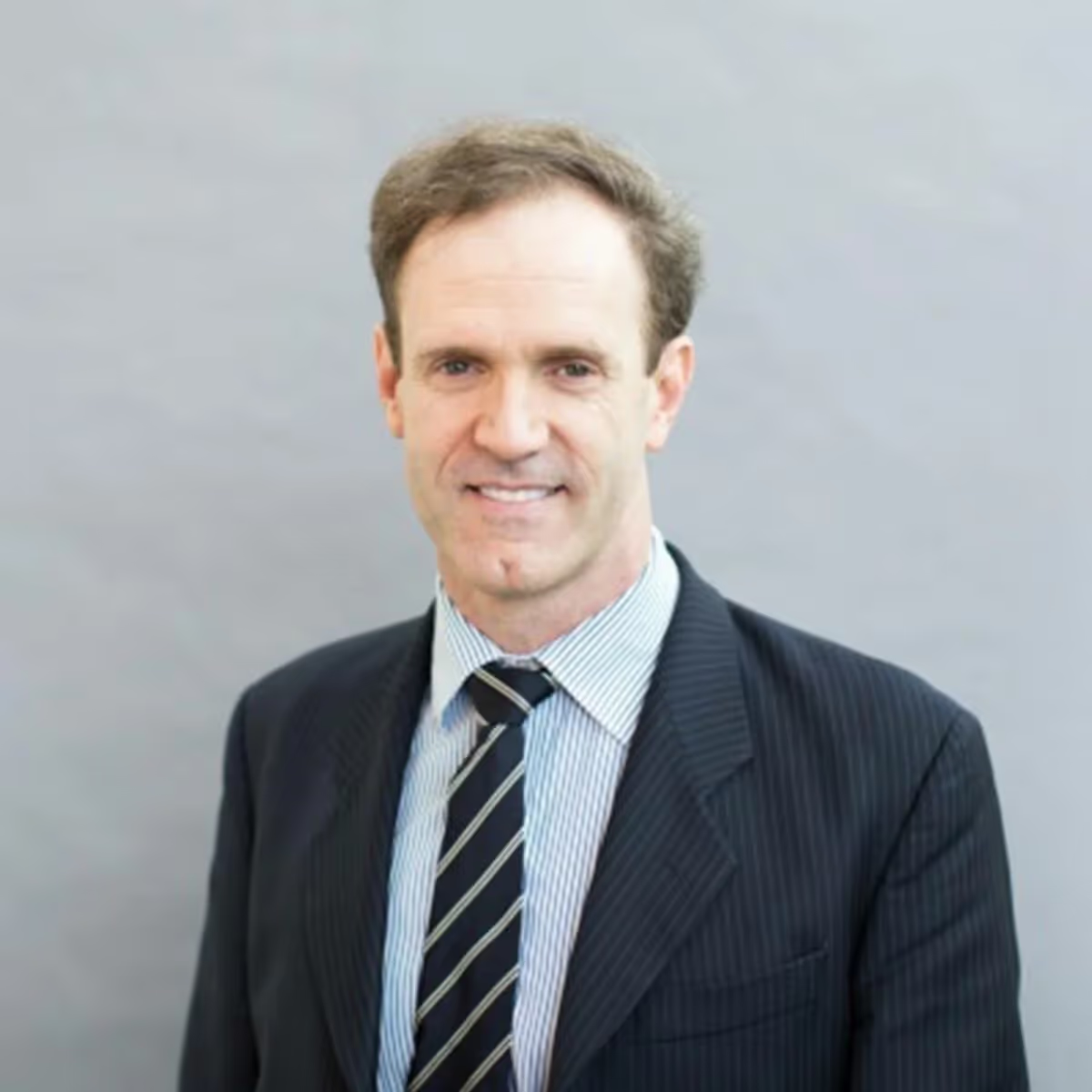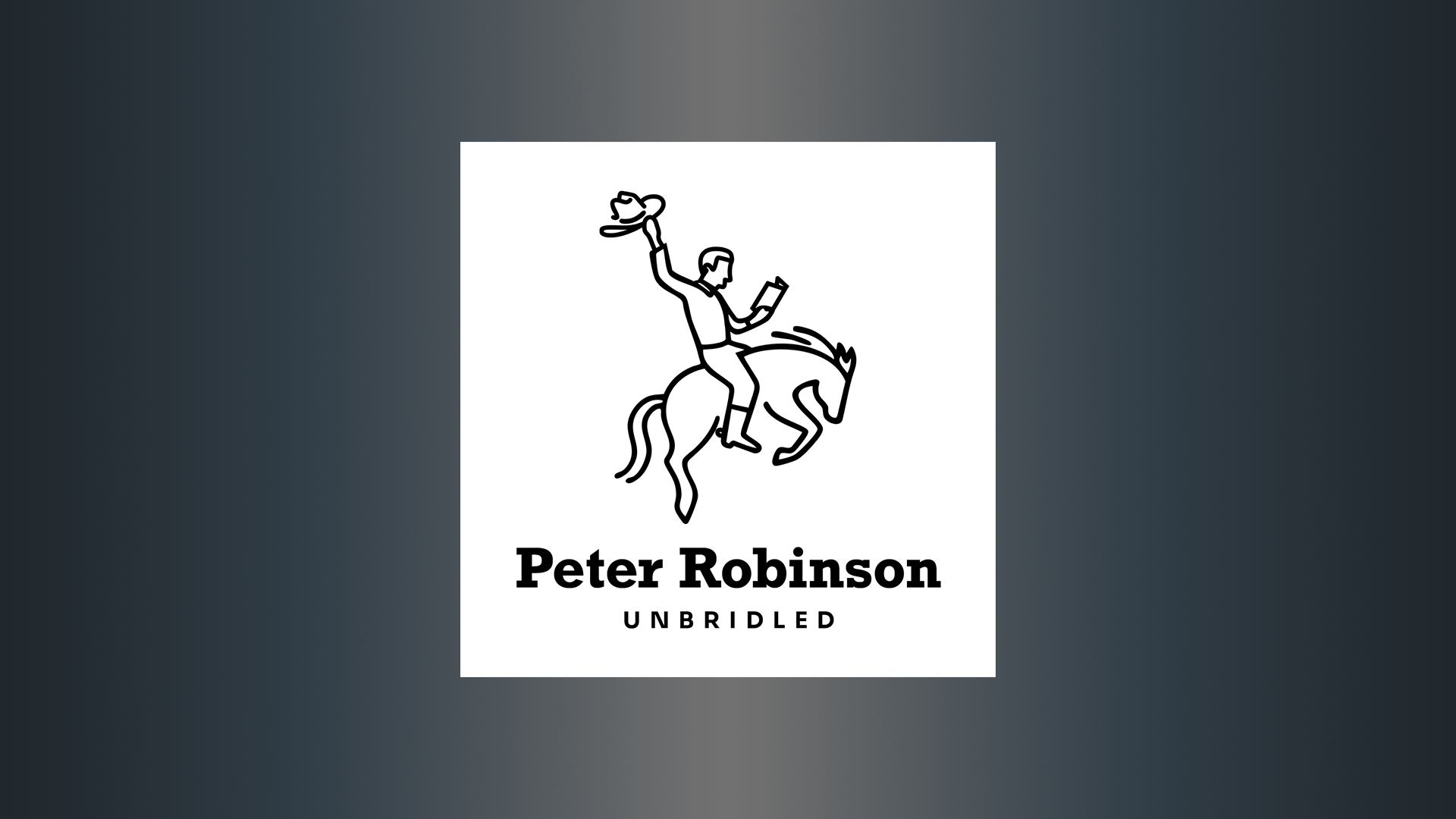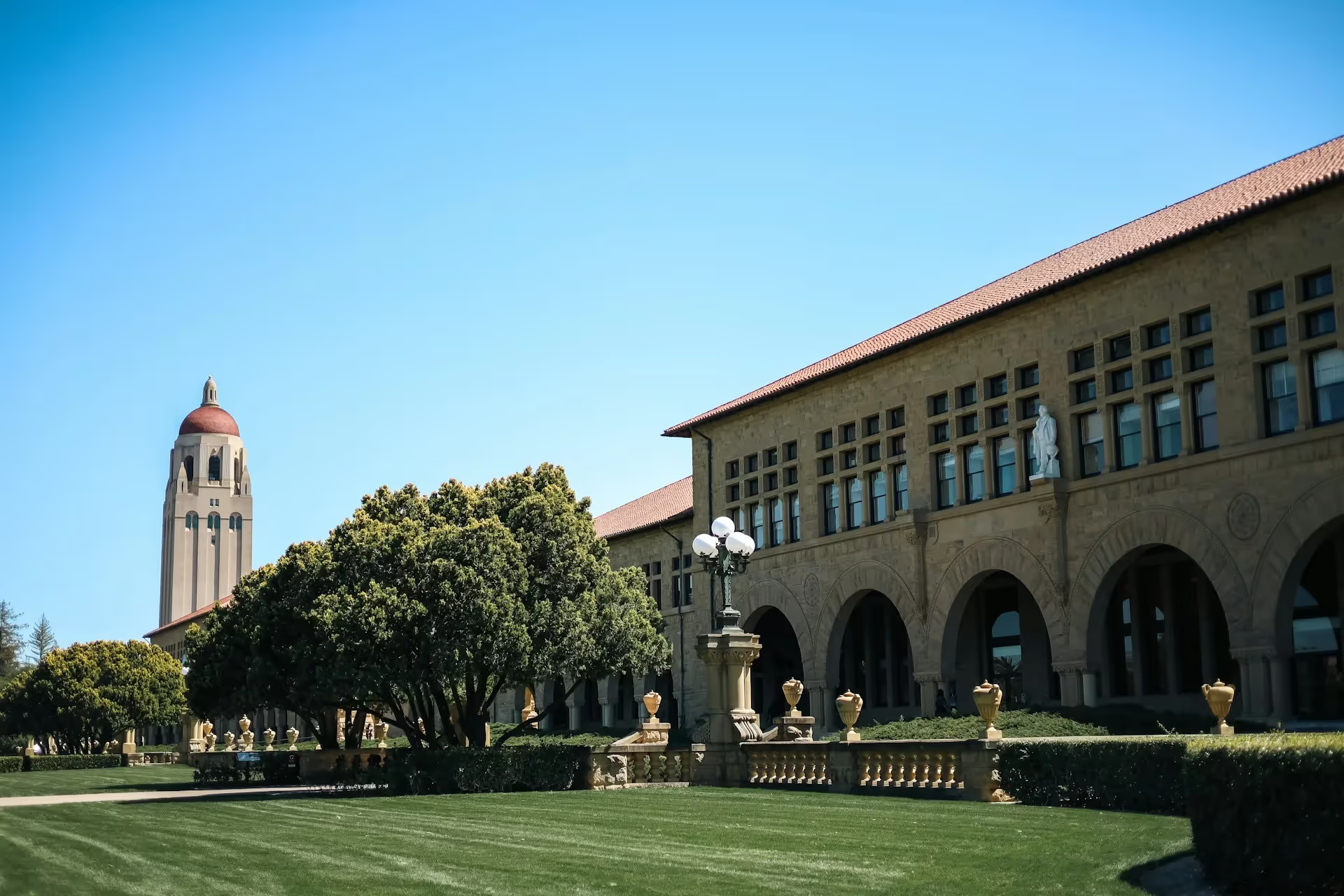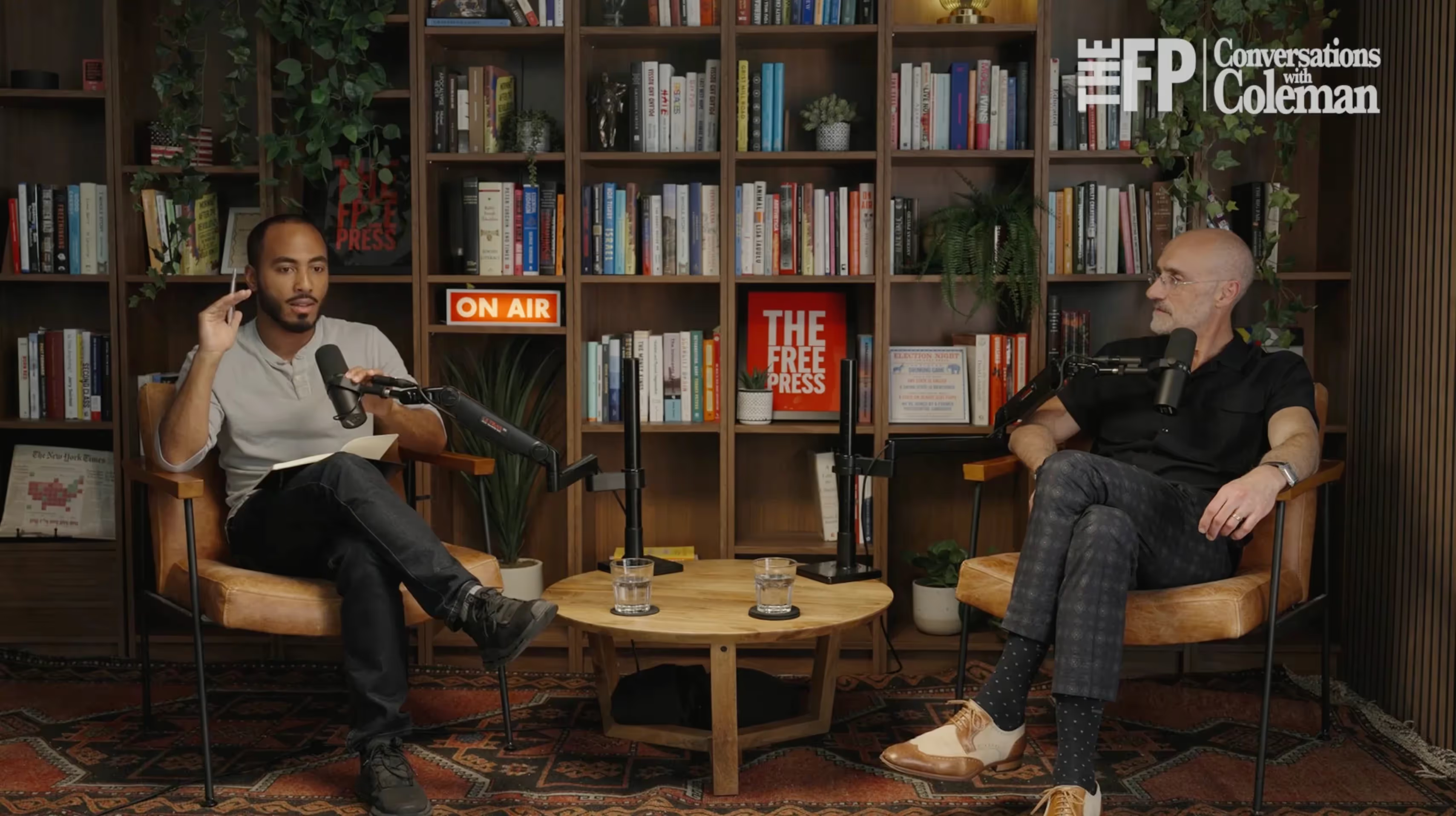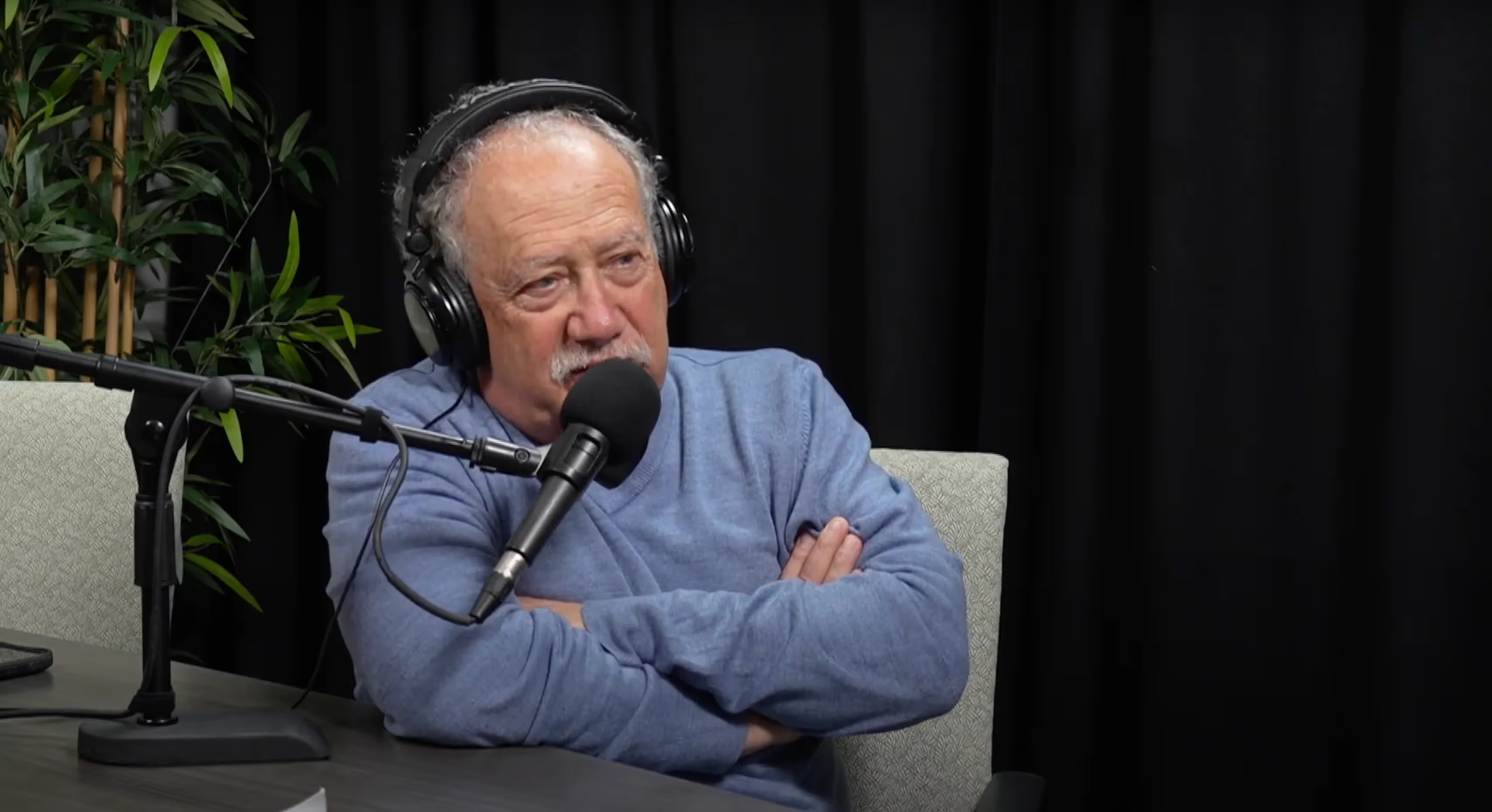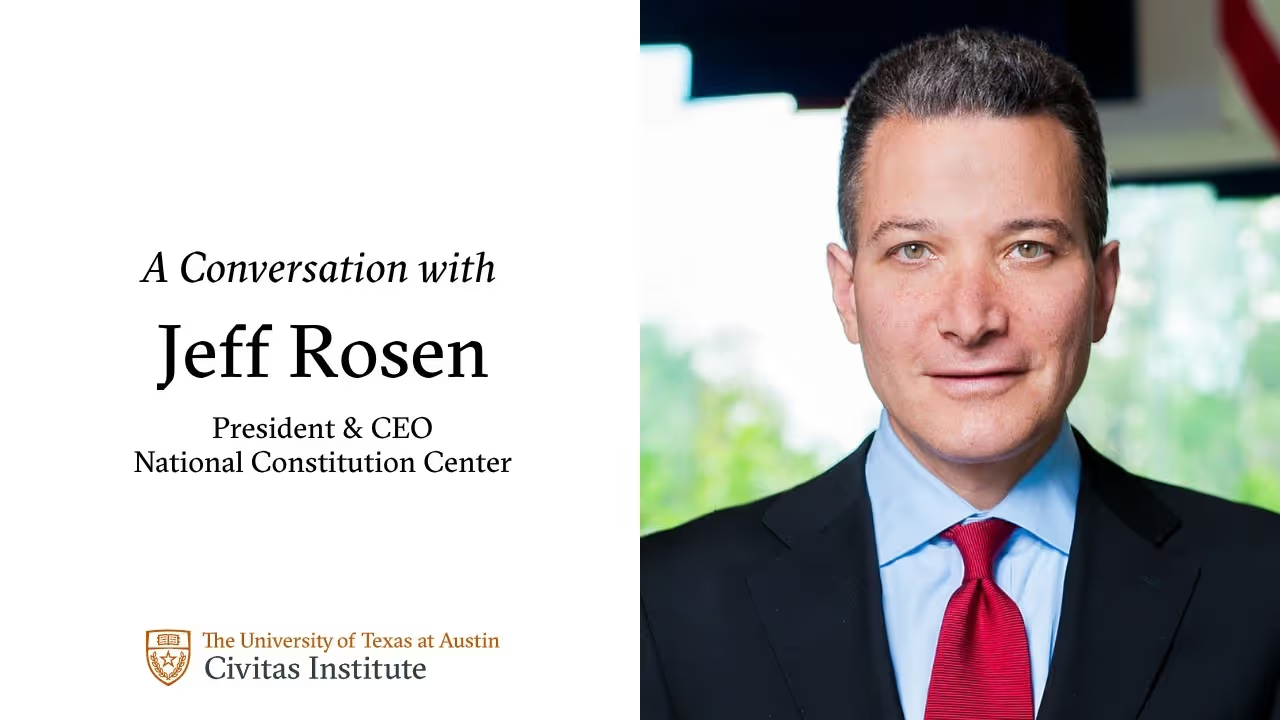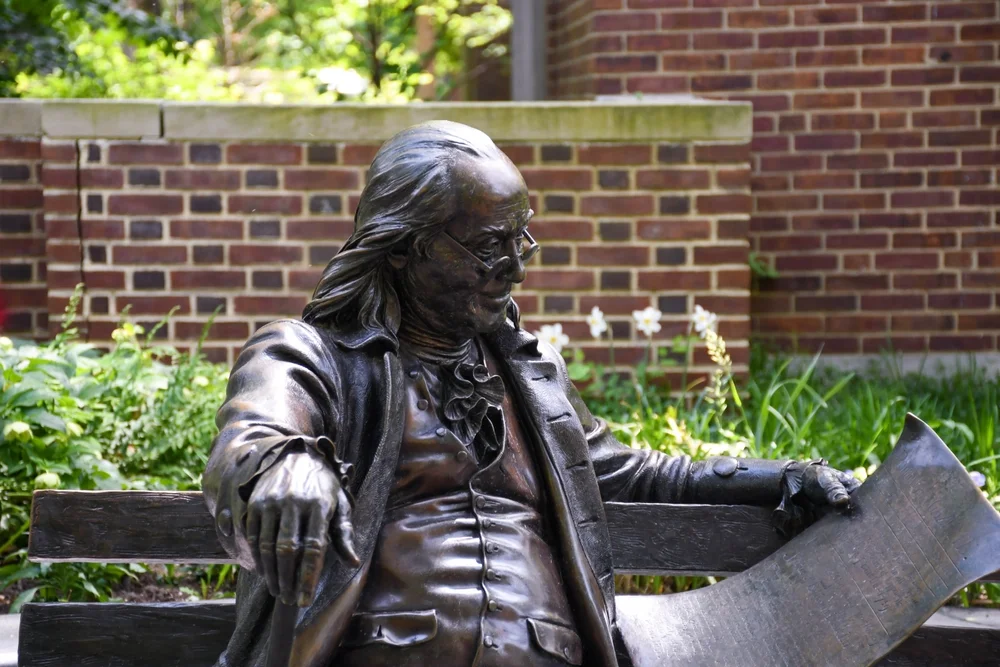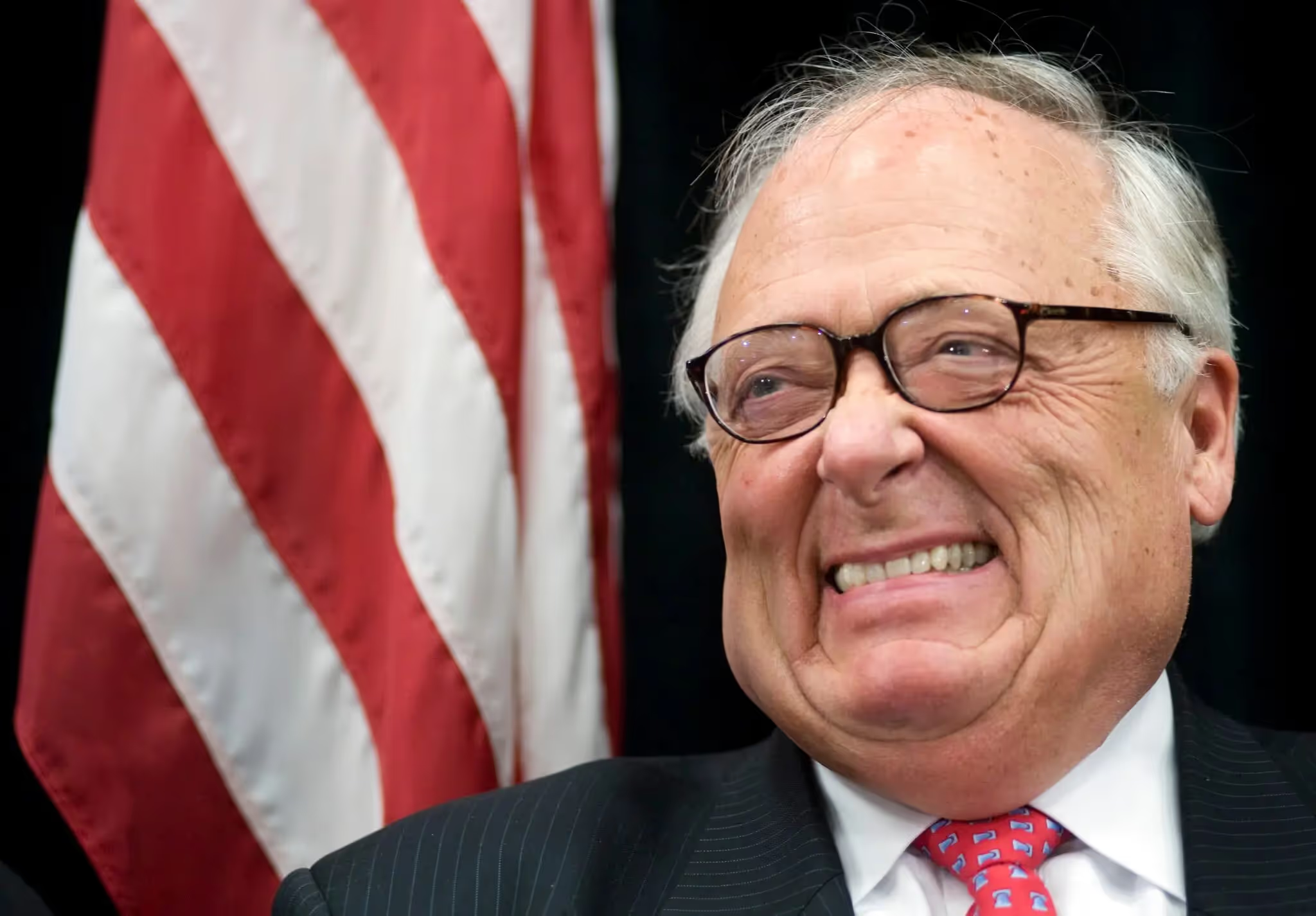
Ed Feulner, Movement Man
The emergence of postwar movement conservatism owed much to a small group of people. Few contributed more than Ed Feulner.
It’s hard to imagine the American conservative movement without Edwin J. Feulner. His death on July 18 this year marked the passing of an era for the American right: one that stretches back to the 1950s when New Deal economics and the legacy of Franklin D. Roosevelt seemed unassailable, and America was locked in a titanic global struggle with the Soviet Union. To be in favor of free markets, let alone believing that it was possible to defeat rather than simply contain the USSR, was to belong to a lonely band of true believers.
The emergence of postwar movement conservatism owed much to a small group of people. Few, however, contributed as significantly to building the American right’s organizational muscle than Ed Feulner. Establishing organizations that endure requires formidable entrepreneurial, management, and networking skills. Feulner had these in spades. But Feulner’s achievements also owed much to his talent for guidance and friendship. This was immediately evident to me when I first met Feulner at a Mont Pelerin Society general meeting in Santiago, Chile, in 2000.
Barely 30 years old, I was attending the meeting as a result of winning a Hayek Prize for having written an essay on the topic of what the Nobel economist F.A. Hayek meant by the phrase “Old Whig.” One of the prize’s requirements was to offer some brief remarks on the topic. I distinctly remember standing at a very tall podium and noticing Feulner sitting on the left-hand side of the front row, looking up quizzically.
After my presentation, Feulner strolled up, introduced himself, and immediately offered some perceptive thoughts on my presentation. Hayek, I discovered, was an enormous influence on Feulner’s thinking, and not just on his economic ideas. One of my paper’s themes was Hayek’s deep admiration for Edmund Burke. Though widely regarded as the founder of modern conservatism, Burke used the phrase “Old Whig” to distinguish himself from his erstwhile friend Charles James Fox and the “New Whigs” who remained enamored of the French Revolution and all its works long after the men in Paris had gone down the path of state terrorism. 169 years later, Hayek used the same phrase to describe his own political position.
Feulner knew all about Hayek’s attention to Edmund Burke, but I recall him referencing Burke’s longstanding friendship with Adam Smith. I had known of this connection, but Feulner concluded our conversation by stressing that a fruitful line of inquiry would be deeper exploration of Burke’s relationship with Smith and the Scottish Enlightenment more generally. Over the years, Feulner would occasionally ask me if I had gotten around to exploring this topic. Eventually, I was able to point him towards articles that I penned on the topic. I doubt, however, that I would have done so without the gentle prodding of someone who became a good friend.
Markets—and More
That initial encounter with Feulner was the first indication to me of the breadth of his intellectual interests. Certainly, Feulner was deeply committed to market liberalism, and instinctively understood the errors of interventionism and economic nationalism. This principled commitment to markets on Feulner’s part never changed, including during those times, like our own, when some conservatives insist that they have discovered a conservative case for economic interventionism which invariably differs only marginally from a European social democratic case for bigger government.
The preservation and extension of economic liberty, however, was essential but not sufficient to what Feulner considered to be modern American conservatism’s wider agenda. This brings me to another aspect of Feulner’s thought that we occasionally discussed: his deep admiration for the German free market economist Wilhelm Röpke (1899-1966). In The March of Freedom: Classics in Conservative Thought (1999), Feulner assembled a series of extracts from writings by figures whom he considered essential for understanding modern conservatism. Röpke was one of the thinkers selected by Feulner, and the text was “The Economic Necessity of Freedom,” first published in Modern Age in 1959.
Feulner’s interest in Röpke reflected his conviction that the German economist was one of John Maynard Keynes’s most effective critics. He also emphasized Röpke’s indispensable role in the liberalization of the West German economy in 1948. But Feulner especially admired how Röpke exemplified the rare intellectual who can think across disciplinary boundaries and who understands the connections between, say, good philosophy and sound economics. As Hayek wrote in a 1959 essay, “Röpke realized at an early stage, perhaps earlier than most of his contemporaries, that an economist who is nothing but an economist cannot be a good economist.” “We need,” Feulner said to me once, “more such individuals.”
Happy Warrior
The application of good ideas to politics and economic policy requires strategy, and Feulner was in the business of thinking strategically about how to advance the modern conservative agenda in light of the constraints imposed by political realities and the need to build coalitions. To that end, Feulner excelled at smoothing over the tensions that inevitably arise within any group of highly motivated individuals who agree on many things but not everything. Many was the occasion when I saw Feulner serve as a peacemaker between individuals who had declared war on each other over the 10 percent of things they disagreed about.
Being a peacemaker requires a great deal of optimism. That is an outlook that some conservatives and classical liberals struggle to maintain. After all, when you are constantly emphasizing the limits of human rationality, or forever warning against the folly of utopianism, or deeply aware that many progressives seem uninterested in history’s lessons, it can be challenging not to have a gloomy view of the world.
Feulner, however, was the polar opposite of the frustrated classical liberal or melancholic conservative who constantly bemoans the state of affairs in America. While a realist in his understanding of human nature, Feulner never lost sight of the possibilities for advancing the principles that underpin a free society. That optimism could be infectious. There were many instances when I emerged from a conversation with Feulner feeling much better about the past, present, and future.
Ultimate Horizons
I experienced that sense recently when I read what turned out to be Feulner’s last writing—a 2025 essay in National Affairs that he co-authored with former Vice-President Mike Pence. Titled “Rediscovering Order in an Age of Populism,” Feulner and Pence begin by bluntly stating that American conservatism was “fractured,” with “its purpose clouded by populist grievances and ideological drift.” Much of contemporary conservatism, they point out, had collapsed into “anything that's not ‘woke’.” But being against bad ideas, Feulner and Pence stressed, do not constitute a positive program for American conservatism. The rest of the essay involves Feulner and Pence reminding readers of some of modern conservatism’s deeper roots and their significance for the conservative movement’s future.
When I read through the essay, I was pleasantly surprised to find that Feulner and Pence had referenced another National Affairs article, one authored by me and Richard M. Reinsch. Here, Reinsch and I outlined how and why the economic case for free markets needs to be supplemented by robust normative arguments if free market economics are to prevail against the economic populism currently prevalent on the left and right. Feulner, I suspect, had noticed that Reinsch and I had highlighted Röpke as a free market economist deeply interested in normative and cultural questions, who didn’t view liberty as a rationale for hedonism, and who insisted that conservatives inclined to trivialize, ignore, or even distort the enduring truths of market economics for opportunistic reasons would end up damaging many of the things they profess to care about.
All of this should remind us that, in the end, Feulner’s vision of modern conservatism was one of ordered liberty: one that drew as much on classical liberals like Hayek as it did on older traditions that have shaped the American Founding and Western civilization more generally. Curiously enough, this outlook was reflected in Feulner’s attachment to an ancient language. I was once standing next to him at Mass in a church in Europe, and although the language was German, I noticed that Feulner was reading from a Latin prayer book. Glancing over, I saw that the words were from the first verses of the Gospel of John.
In principio erat Verbum et Verbum erat apud Deum et Deus erat Verbum.
Hoc erat in principio apud Deum.
Omnia per ipsum facta sunt et sine ipso factum est nihil quod factum est,
in ipso vita erat et vita erat lux hominum:
et lux in tenebris lucet et tenebrae eam non conprehenderunt.
These words capture Feulner’s ultimate horizons. And my prayer is that Ed is now with Christ, and that his family and friends will one day enjoy eternal life with him in the light of Christ’s presence. America is a better country because of Ed Feulner. For that, countless others and I give thanks.
Samuel Gregg holds the Friedrich Hayek Chair in Economics and Economic History at the American Institute for Economic Research. He is a contributing editor to Civitas Outlook.
Pursuit of Happiness

The Rise of Latino America
In The Rise of Latino America, Hernandez & Kotkin argue that Latinos, who are projected to become America’s largest ethnic group, are a dynamic force shaping the nation’s demographic, economic, and cultural future. Far from being a marginalized group defined by oppression, Latinos are integral to America’s story. They drive economic growth, cultural evolution, and workforce vitality. Challenges, however, including poverty, educational disparities, and restrictive policies, threaten their upward mobility. Policymakers who wish to harness Latino potential to ensure national prosperity and resilience should adopt policies that prioritize affordability, safety, and economic opportunity over ideological constraints.

Exodus: Affordability Crisis Sends Americans Packing From Big Cities
The first in a two-part series about the Great Dispersion of Americans across the country.

One Nation Spaced Out
Kevin Sabet’s new book addresses a problem that has bedeviled us for thousands of years: What should individuals and society do about the use of psychoactive substances?

The AI Frontier Must be Fiercely Competitive
In the long run, overregulation could run the risk of making AI less safe.
